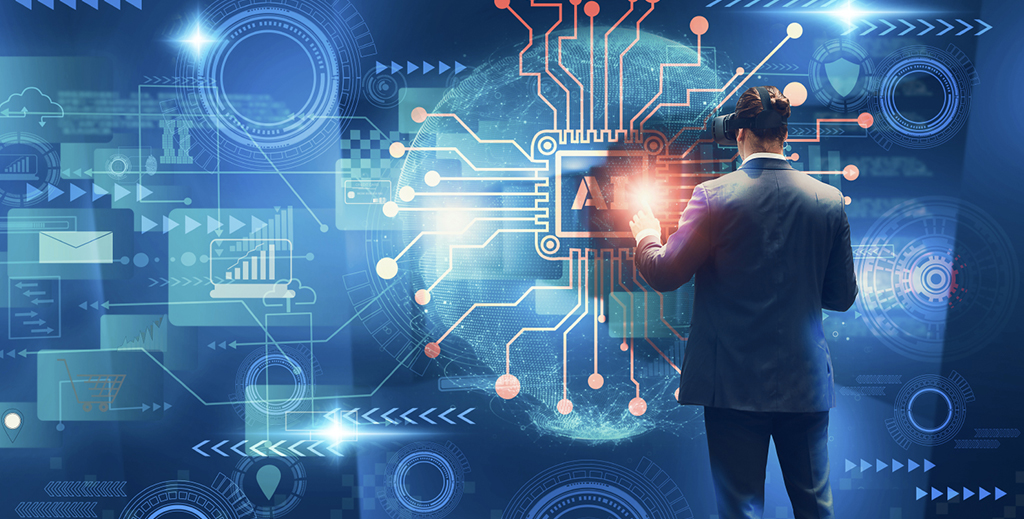
Technology continues to evolve rapidly, and businesses need to stay ahead of the curve by anticipating changes in the industry. By 2023, a few developments in IT infrastructure will influence how IT works in enterprises and is applicable to the entire world.. Below are a few trends that will give us an idea of how they are going to impact the future of IT.
Smart devices need to communicate with each other reliably and quickly. Reliability and speed ensure critical services like energy management or tracking the supply chain remain secure. Below are a few IT infrastructure trends that will shape 2023.
Internet of things (IOT)
It is a term that is used to describe the connection of everyday objects on the internet. The use of this technology allows devices to collect and exchange data, paving the way for an efficient and automated process. IoT has gone on to become a critical aspect of modern digital infrastructure across a wide range of applications.
In the coming years, IoT is expected to be an important trend as more businesses recognise the value of business services. In the future, we can expect more smart devices to be used in various industries.
The cloud
The cloud is one of the most discussed IT infrastructure trends and revolutionizes the manner in which a company operates. Though cloud technology has been around for thousands of years, its capabilities have improved in recent years. The cloud allows businesses to store data, and you can access it anywhere with the aid of the internet. It provides opportunities for scalability, as companies can quickly add new applications and resources as per their needs without the need to invest in expensive software or hardware.
Big data
“Big data” refers to the enormous volume of data that organizations generate. The information is accessible through a variety of sources, including partners, operations, and clients. Big data is used by businesses to create new products or services, better understand their customers, and gain a competitive edge.
Big data also enables a company to create personalized customer experiences. With proper analysis, businesses can use big data to identify the needs of customers and develop customized products and services. Even big data provides inputs on understanding customer preferences and helps in developing targeted marketing campaigns that are effective. Big data is a technology that is constantly evolving.
Blockchain
Blockchain technology is rapidly gaining acceptance in the corporate world, with many organizations investing in its potential. Blockchain provides a secure way to store and transfer digital assets or information while preventing fraud and tampering. This makes it a viable choice for businesses that are looking to protect their transactions and data from malicious actors.
One of the popular applications of blockchain technology is cryptocurrency. This digital money can be used to buy and sell items and services that can be safeguarded using blockchain technology. It eliminates the need for traditional intermediaries like banks.
Artificial intelligence
This is one of the IT infrastructure trends that are already in use. At its core, AI is all about solving problems that humans are not able to solve. AI automates tasks, outlines data patterns, and provides insights into the behaviors of customers. With AI, businesses can anticipate competition and stay ahead of the curve.
Once AI becomes advanced it is able to handle complex tasks. It is also expected to play an important role in the IT infrastructure for the future.